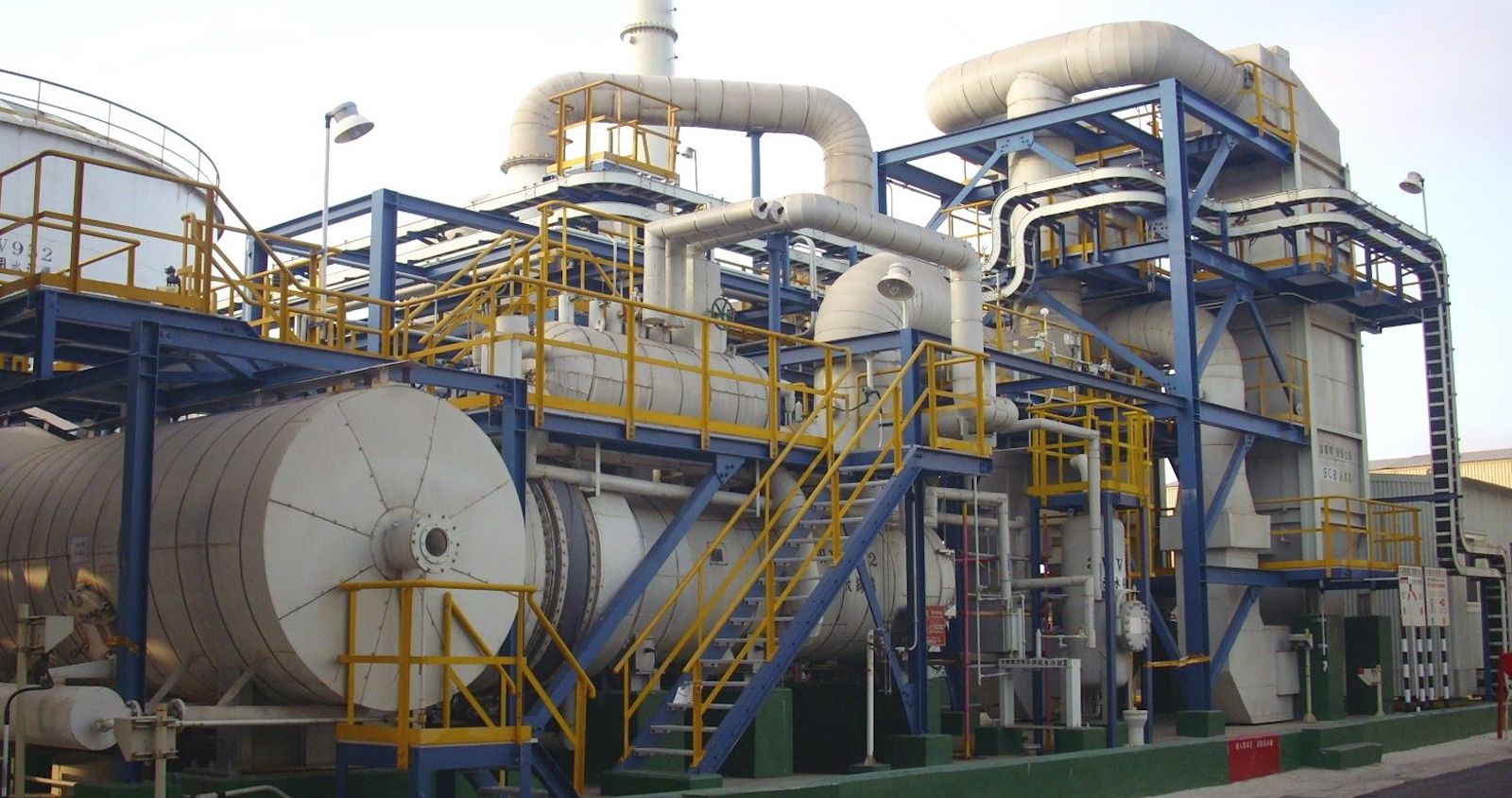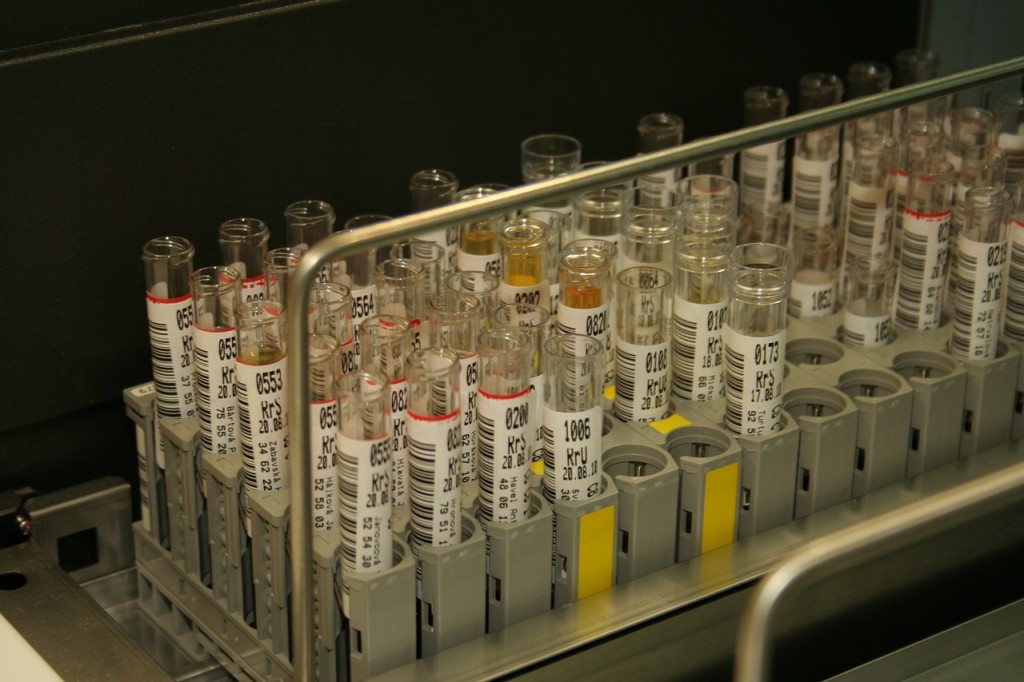Recognizing the Comprehensive Refine of Liquid Garbage Disposal: Best Practices and Environmental Influence Considerations
The management of fluid waste disposal is a diverse issue that needs a comprehensive understanding of different best techniques and their connected ecological effects. From the types of fluid waste created to the techniques utilized for collection, therapy, and last disposal, each action plays a critical duty in safeguarding communities and public wellness.
Sorts Of Liquid Waste
Comprehending the numerous kinds of liquid waste is vital for effective administration and disposal methods. Liquid waste can be broadly classified right into several types, each requiring distinct handling and treatment methods.
Industrial fluid waste commonly includes hazardous materials, consisting of heavy steels, solvents, and chemicals, generated during manufacturing procedures. These wastes require stringent governing compliance to shield human health and wellness and the setting. Domestic fluid waste mainly refers to wastewater generated from homes, consisting of sewer and greywater, which, although much less hazardous, can still pose substantial dangers if incorrectly managed.
Agricultural liquid waste, including drainage from farms, typically includes plant foods and pesticides that can lead to ecological deterioration if not dealt with properly. Clinical fluid waste, created from healthcare centers, consists of polluted fluids such as physical fluids and chemicals, calling for specialized disposal approaches to avoid infection and ecological contamination.
Lastly, oil and oil waste, usually generated by dining establishments and automotive markets, can trigger extreme clogs in drain systems otherwise handled correctly. Comprehending these classifications facilitates targeted approaches for therapy, compliance with policies, and effective disposal techniques, inevitably advertising environmental sustainability and public health and wellness safety and security.

Collection Approaches
Reliable collection techniques are crucial for the appropriate administration of liquid waste, making certain that it is gathered securely and effectively prior to treatment or disposal. Various methods are utilized relying on the sort of liquid waste generated, the quantity, and the particular features of the waste.
One common method is the use of committed collection tanks or sumps, which are designed to record fluid waste at the resource. These systems typically integrate pumps that promote the transfer of waste to bigger storage containers or therapy centers. Additionally, mobile collection systems furnished with vacuum cleaner technology are utilized in scenarios where waste is created intermittently or in hard-to-reach areas.
For industrial settings, closed-loop systems can successfully lessen spills and leaks, enabling for the recuperation and reuse of fluid waste. It is likewise important to train employees on proper collection methods to minimize threats connected with hazardous materials.
Moreover, applying routine maintenance routines for collection devices makes sure ideal performance and safety and security. The combination of sophisticated surveillance systems can improve collection performance by providing real-time information on waste degrees and potential hazards. Generally, reliable collection approaches are fundamental to sustainable fluid waste administration techniques.
Treatment Procedures
Therapy procedures play a vital function in the management of liquid waste, changing possibly hazardous materials right into reusable sources or safe effluents - liquid waste disposal. These processes can be extensively classified right into physical, chemical, and organic methods, each tailored to attend to specific pollutants present in the waste stream
Physical therapy techniques, such as sedimentation and purification, work by getting rid of put on hold solids and particulate matter. These methods are commonly the first action in the treatment chain, successfully reducing the tons on succeeding procedures. Chemical therapies involve the usage of reagents to counteract damaging substances, speed up heavy metals, or oxidize natural pollutants, thereby boosting the security of the effluent.
Organic therapy procedures, including activated sludge systems and anaerobic food digestion, profit from the natural capacities of microbes to break down natural issue. These approaches are specifically efficient for wastewater consisting of eco-friendly pollutants. Advanced treatment innovations, such as membrane layer filtering and progressed oxidation procedures, are increasingly used to achieve greater levels of purification.
Including a mix of these treatment methods not just makes sure conformity with regulatory requirements but likewise advertises ecological sustainability by recovering important sources from fluid waste.
Disposal Options
Exactly how can companies make sure the risk-free and liable disposal of liquid waste? Effective disposal alternatives are critical for safeguarding public health and wellness and the setting. The main methods include land disposal, incineration, and treatment adhered to by discharge right into local wastewater systems.
Land disposal involves the careful control of liquid waste in assigned landfills, ensuring that it does not leach right into bordering soil or water. Incineration, on the other hand, topics fluid waste to high temperature levels, converting it into ash and gases, which call for correct purification to reduce discharges. This technique appropriates for dangerous wastes that can not be treated with traditional ways.
In instances where liquid waste can be dealt with, companies may choose chemical or biological treatment procedures to reduce the effects of dangerous parts before discharging the dealt with effluent into local systems. This route normally lines up with regulative requirements, ensuring that the effluent fulfills safety and security standards.
Ultimately, companies should conduct thorough assessments of each disposal option to determine its practicality, considering elements such as waste structure, regulative investigate this site compliance, and possible risks to wellness and the setting. By selecting suitable disposal techniques, businesses can add to an accountable waste administration approach.
Ecological Impact
The environmental effect of liquid waste find more information disposal is a critical factor to consider for organizations seeking to decrease their environmental footprint. Inappropriate disposal techniques can cause considerable contamination of water resources, soil degradation, and negative effects on neighborhood communities. For example, unsafe liquids can seep right into groundwater, presenting risks to drinking water products and water life. Furthermore, the discharge of without treatment or inadequately treated waste into surface waters can result in eutrophication, bring about oxygen exhaustion and the subsequent fatality of fish and various other microorganisms.

To alleviate these impacts, organizations must adopt finest practices such as executing strenuous waste treatment processes, advertising recycling and reuse, and sticking to governing criteria. By taking a positive method to liquid waste management, entities can substantially lower their environmental footprint while sustaining lasting development objectives. Eventually, a comprehensive understanding of the ecological effects related to liquid waste disposal is essential for educated decision-making and responsible stewardship of natural deposits.
Verdict
Efficient administration of liquid waste is crucial for protecting environmental honesty and public health. Eventually, a detailed understanding of fluid waste disposal not just alleviates ecological impacts but also fosters a dedication to accountable resource administration and ecological stewardship.
The monitoring of fluid waste disposal is a diverse see this site problem that calls for a thorough understanding of various finest practices and their linked environmental influences. From the types of liquid waste created to the approaches utilized for collection, therapy, and final disposal, each action plays an important role in securing ecological communities and public wellness.The environmental effect of fluid waste disposal is a vital consideration for organizations seeking to minimize their eco-friendly footprint. Eventually, a comprehensive understanding of the ecological impacts linked with fluid waste disposal is crucial for educated decision-making and accountable stewardship of all-natural sources.
Inevitably, an extensive understanding of fluid waste disposal not only mitigates environmental impacts however likewise fosters a dedication to liable resource administration and ecological stewardship.